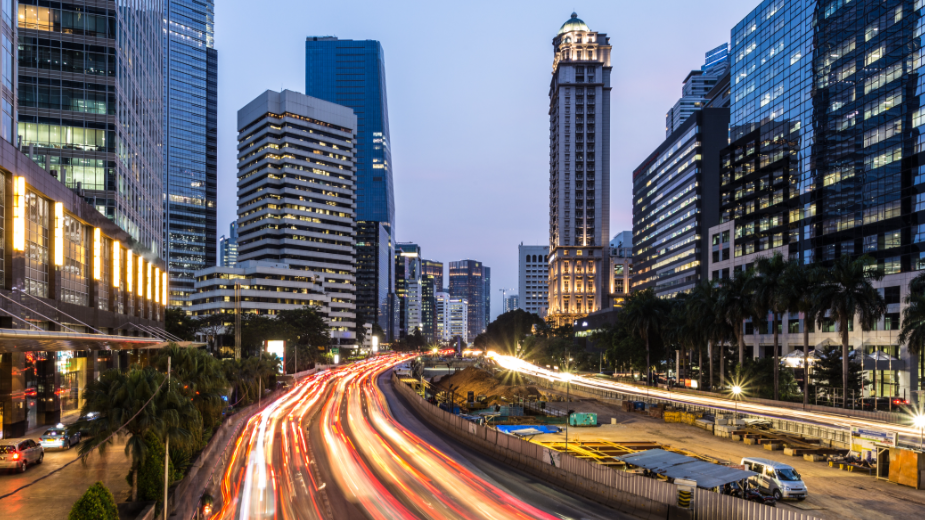Indonesia’s FDI jumps in 2022, led by mineral processing

Indonesia’s foreign direct investment surged 44.2% on a yearly basis in 2022, with the base metals sector drawing in the biggest inflows, the investment minister said on Tuesday, noting 2023 would be a more difficult year to attract investment.
Southeast Asia’s largest economy received 654.4 trillion rupiah worth of FDI last year, or equivalent to $45.6 billion in the investment ministry’s official calculation, which assumes an exchange rate of 14,350 to the dollar.
The data excludes investment in the banking and oil and gas sectors.
The resource-rich country has been trying to capitalize on its abundant nickel reserves to develop battery and electric vehicle industries at home.
Once a major exporter of nickel ore, it stopped outbound shipments of the raw material in 2020 to make sure investors have enough for domestic processing.
Foreign direct investment in base metals and mining reached $11 billion and $5.1 billion, respectively, last year, the biggest recipients of FDI. The biggest sources were Singapore, China and Hong Kong.
Minister Bahlil Lahadalia said the passage of the controversial Jobs Creation Law in 2020, which streamlined business permit procedures and revised labour rules, has also boosted investor interests.
Total investment, including from domestic sources, reached 1,207.2 trillion rupiah ($81.02 billion), he said, roughly in line with the government’s target.
This year’s investment target is 1,400 trillion rupiah.
Bahlil said global recession risks and the beginning of political campaigning ahead of Indonesia’s 2024 general elections could make it harder to secure investment this year.
“The potential of recession is big,” he said. “If the global condition is not good, how can FDI come in?”
Jakarta has in the pipeline a plan by Germany’s BASF and French miner Eramet to invest $2 billion to $2.6 billion in an electric vehicle battery ecosystem, Bahlil said, adding they may break ground this quarter.
BASF and Eramet earlier this month said their Indonesia project was still being assessed.
FDI in the final quarter of last year was up 43.3% on an annual basis, amounting to 175.2 trillion rupiah in rupiah terms, or $12.2 billion in the official US dollar equivalent.
($1 = 14,900.0000 rupiah)
(By Stefanno Sulaiman and Gayatri Suroyo; Editing by Martin Petty)
{{ commodity.name }}
{{ post.title }}
{{ post.date }}




Comments